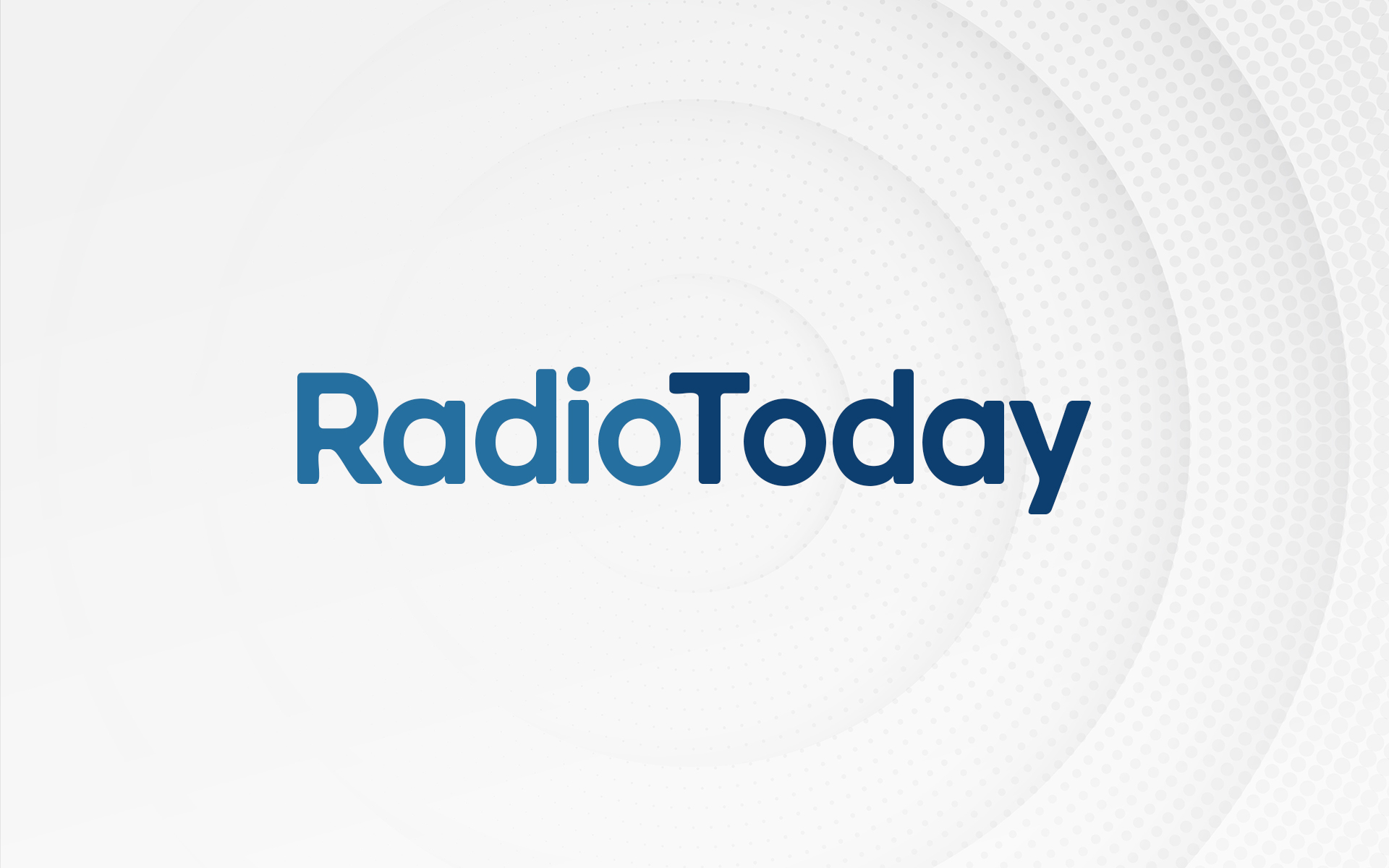
The Culture, Media and Sport Committee has released its fourth report into the future of local and regional media.
The report supports Ofcom’s propsals for deregulation of cross-media ownership and agrees that the localness of radio should be determined by its output rather than its location.
It also discusses the importance and relevance of local media in the UK, with opinions on what levels of localness are necessary and sustainable. Areas that government, public bodies and media owners can make changes in to help the industry are also highlighted.
Throughout the report, contributions from RadioCentre, Ofcom and The Myers Report for Digital Britain are referenced. The full document is [link=http://www.publications.parliament.uk/pa/cm200910/cmselect/cmcumeds/43/4302.htm]available here[/link], but we’ve picked out a few significant parts:
[b]Regulation and ownership[/b]
The report backs Ofcom’s proposals for deregulation and the belief that the localness of local radio is ultimately marked by its output. Part of the regulators proposals include allowing some regional stations to share all of their programming if the station is on digital.
Local stations would be able to co-locate and request to share programming with other stations in newly defined areas, in an effort to help them save costs. They would also be allowed to reduce hours of local programming in return for an increased commitment to local news in daytime hours.
Ownership rules suggested by the regulator and provisions in the Digital Economy Bill have also been supported, which means that local radio stations could have the ability to merge with other media ventures and utilise other platforms.
[b]Local content and news[/b]
The right level of localness for sustainability in the commercial radio sector has also been recognised, with the acknowledgement that advertising revenue is spread to thin if there are too many stations in an area or region, which could result in a deficit of important local content on the radio.
Ofcom’s encouragement of hyper-local content is also welcomed as the report believes the radio platform lends itself to the provision of this very well, with the number of community stations for specific demographics being seen as an increasingly important tier of local media.
Importance has been placed on local commercial radio being a source of local news and a training ground for new journalistic talent, and it is noted that the current economic pressures affecting local radio are making the provision of local news quite challenging for local radio stations, so urgent deregulation of the ownership rules must be implemented.
[b]Digital radio[/b]
The report adds to the long-running debate about digital radio and says that the digital switchover should be of great benefit to all levels of local commercial radio. It also likes the fact that community radio may occupy the FM spectrum, which may be vacated by larger stations who upgrade to DAB and acknowledges industry concerns about local radio stations in rural and/or coastal areas that could struggle to get DAB coverage.
The key recommendation here is that Ofcom will be empowered to make exceptions, with the FM spectrum shared between commercial and community radio where necessary.
[b]Comments[/b]
Andrew Harrison, Chief Executive of RadioCentre, said:
“Local commercial radio will remain relevant and engaging in our increasing digitised age. However, as the Culture, Media and Sport Select Committee has recognised, the sector urgently requires a regulation revamp, to reflect changing consumer needs and technological advancements and we urge Ofcom to act decisively.
We also welcome the Committee’s recognition that a digital migration for radio will be of great benefit to all levels of local commercial radio, in addition to enhancing and expanding the listening experience for fans of all radio stations.”
Ford Ennals, Chief Executive, Digital Radio UK, has said:
“We welcome the publication of the Culture, Media and Sport Select Committee’s report on the future for local and regional media. It gives explicit recognition that digital switchover should be of great benefit to all levels of local commercial radio, and is the second select committee report in as many weeks to endorse a digital future for radio following the publication last week of the Lords Communications Committee Report which gave its support not only to a digital future, but also to the DAB technology and the target date of 2015.
“We are also particularly pleased that the report recognises and welcomes the benefits that digital migration will bring to local media through the development of a new tier of hyper-local community radio that will occupy the FM spectrum once it has been vacated by larger and national stations.”
John Myers, author of the review for Digital Britain, said:
"I am delighted that the Select Committee agree with so many of my recommendations but we really need to get a move on. Its now a year this month since my report was published and there just cannot be any further delay in progressing these changes forward."


